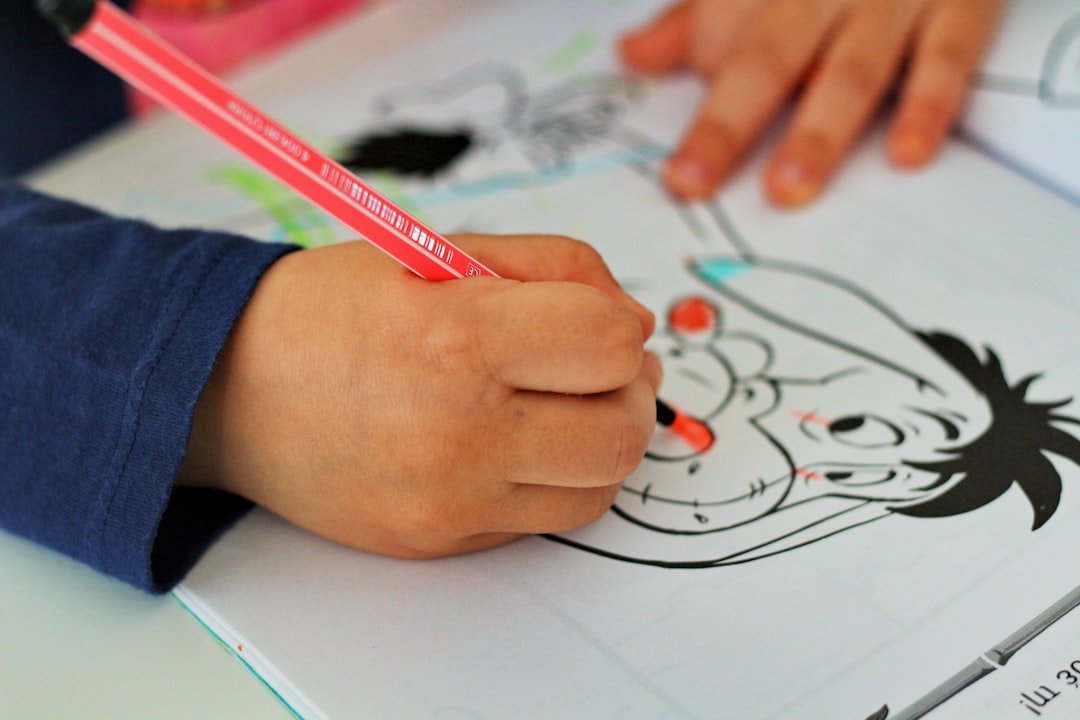In an era marked by rapid technological advancements and shifting global landscapes, the future beckons with both promise and challenge. As parents, educators, and society at large, our pivotal role is to equip children not just with conventional education but with the skills necessary to navigate, innovate, and excel in this dynamic future. This article explores the critical competencies that children need to develop from an early age and how fostering a mindset of lifelong learning can significantly enhance their personal and professional lives.
The Bedrock of Adaptability
In a world where change is the only constant, adaptability stands out as a fundamental skill. Children should be encouraged to embrace change and uncertainty with a positive mindset. This can be fostered through diverse learning environments and experiences that push them out of their comfort zones and encourage them to engage with new ideas, cultures, and technologies. By learning to adapt, children can approach problems with flexibility and resilience, essential traits for personal and career success in the 21st century.
Critical Thinking and Problem Solving
Critical thinking is a skill that enables children to analyze information and experiences in an objective and calculated manner. Teaching children to approach problems by questioning, hypothesizing, and testing solutions not only enhances their analytical skills but also promotes a deeper understanding of the world around them. Problem-solving abilities dovetail with critical thinking and involve recognizing patterns, generating alternatives, and making decisions that are not only effective but also innovative.
Digital Literacy and Technological Fluency
In the digital age, proficiency in technology is as crucial as literacy and numeracy. Digital literacy goes beyond just understanding how to use technology—it involves recognizing its potential and limitations and being able to use technological tools to create, communicate, and solve problems. Encouraging children to interact with technology from a young age can help develop a comfortable fluency with digital devices and platforms, preparing them for a future where technology is interwoven with all aspects of life.
Emotional Intelligence and Interpersonal Skills
The future workplace will not only rely on how well individuals interact with machines but also on how effectively they work with each other. Emotional intelligence—the ability to be aware of, control, and express one’s emotions, and handle interpersonal relationships judiciously and empathetically—is crucial. Children who develop strong emotional intelligence can collaborate better, resolve conflicts more effectively, and lead with empathy. These skills are nurtured through social interactions, both in the physical and digital realms, and through reflective practices like mindfulness and empathy training.
Entrepreneurial Mindset
An entrepreneurial mindset is characterized by innovation, initiative, and readiness to take calculated risks. It’s about seeing opportunities where others see obstacles. Encouraging this mindset in children can be done through project-based learning and opportunities where they need to plan, execute, and troubleshoot projects from start to finish. This not only builds confidence but also instills a sense of responsibility and drive, qualities that are indispensable in any career path they choose to pursue.
As we forge ahead into the uncertain terrain of the future, our best strategy is to prepare our children not just to face the world but to improve it. Instilling these essential skills and fostering a commitment to lifelong learning will create not only future-ready individuals but also proactive and responsible citizens who are capable of leading the world towards a brighter, more inclusive future.






